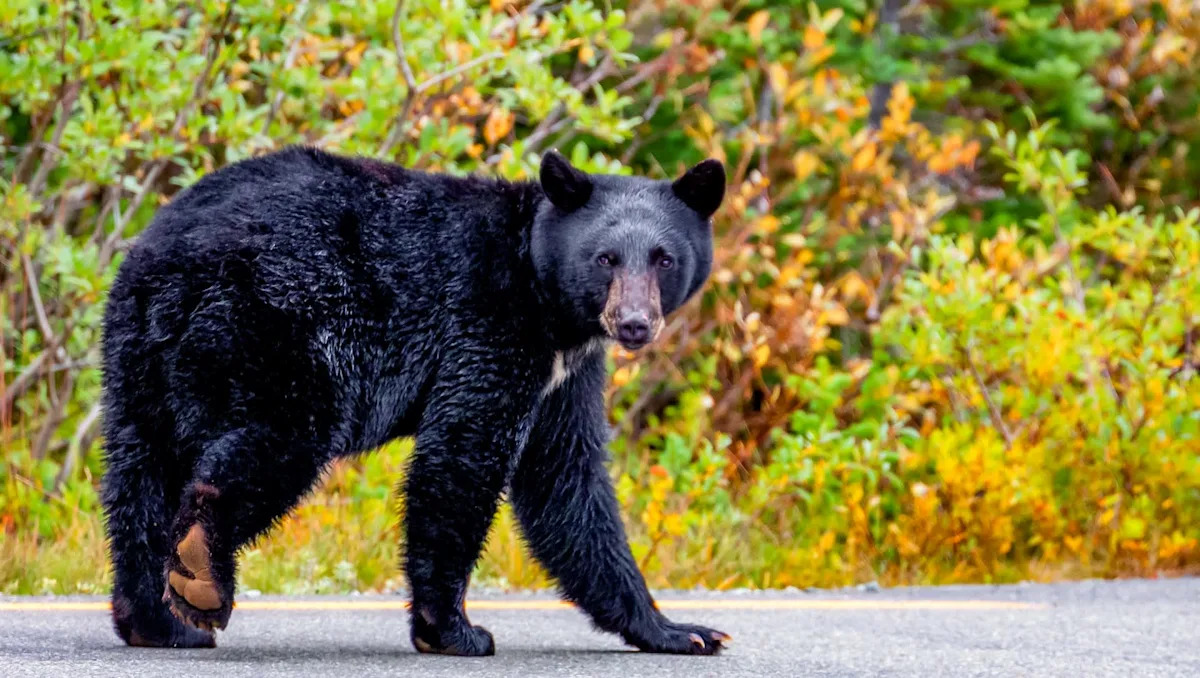A bear sighting in a small town in New Jersey has prompted a warning from police and new concerns about the impact of human activities on wildlife behavior.
What’s happening?
In late September, a black bear was spotted in the town of Washington, New Jersey, prompting police to remind residents to play it safe around wild animals. While they initially had some fun, joking in a statement that the animal was “last seen walking bearfoot in the area,” they took the opportunity to get serious about animal safety.
“Please stay away and DO NOT for any reason engage it,” their statement said, per Pascack Press. “Contact the police department if it is acting aggressive.”
According to the outlet, there had been other recent black bear sightings in the area. They also shared additional tips, like securing garbage in bear-proof containers or storing it indoors, removing pet food and bird seed at night, cleaning grills and outdoor cooking areas, and generally avoiding approaching or crowding a bear if one is spotted.
Why is a bear sighting important?
As humans continue to encroach on wildlife habitats, the frequency of sighting an animal increases. Human habits can also alter animal behavior. In the case of bears, garbage or food being left out can make them overly dependent on humans for food, decrease their wariness of humans, and increase the likelihood of encounters.
Unfortunately, when humans and bears interact, it can have deadly consequences for both. The same month the bear in Washington was spotted, another black bear wandered into a convenience store in Sussex County, per the New York Times. The bear attacked a dog and a person and was put down by authorities.
What’s being done about bear encounters?
As countless authorities and organizations have stated, the key issue is eliminating food as a temptation for bears. Some places have even instituted fines as a penalty for people feeding bears.
Join our free newsletter for good news and useful tips, and don’t miss this cool list of easy ways to help yourself while helping the planet.
